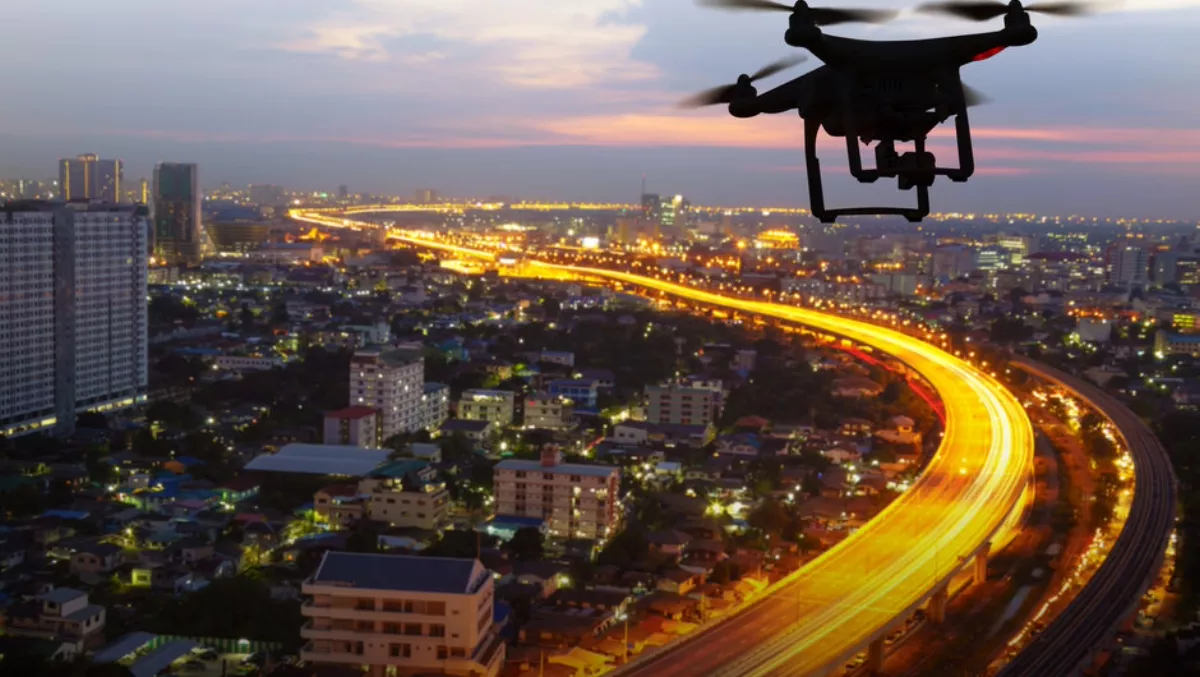
The use of drones and unmanned aerial vehicles (UAVs) in populated areas is often a contentious topic when it comes to privacy, but it turns out they could also be weapons of cyber attacks, terrorism, and crime. That's according to new research by Fujitsu System Integration Laboratories and Ben-Gurion University of the Negev (BGU).
A study titled 'Security and Privacy Challenges in the Age of Drones' evaluated 200 academic and industry techniques that are used to detect and disable drones that fly in restricted and unrestricted areas.
Those techniques include radar, RF scanners, thermal cameras, sound, and different ways of incorporating those methods. But the biggest challenge, according to the research, is finding out what a drone's purpose is in a non-restricted area.
''The cutting-edge technology and decreasing drone prices made them accessible to individuals and organizations, but has created new threats and recently caused an increase in drone-related incidents,'' explains BGU Cyber Security Research Center researcher Ben Nassi.
''There are many difficulties that militaries, police departments, and governments are seeking to overcome, as it is a recognized threat to critical infrastructure, operations, and individuals.''
Researchers demonstrated that criminals could disguise cyber attacks as a legitimate pizza delivery drone. They could hide the hardware inside the pizza box itself.
''In an unrestricted area, we believe that there is a major scientific gap and definite risks that can be exploited by terrorists to launch a cyber-attack,'' Nassi says.
''It is inevitable that drones will become more widespread, but we need to recognize that open-skies policy pose multiple risks and that current solutions are unable to solve as a result of a major scientific gap in this area.''
The researchers say that drones should be registered and able to be identified. “This includes dedicated techniques for authenticating drones and their operators.” In the United States, drones are now required to be registered.
''An open-skies policy that allow drones to fly over populated areas pose a significant challenge in terms of security and privacy within society',” adds Professor Yuval Elovici, Nassi's Ph.D. advisor and director of Deutsche Telecom Innovation Labs at BGU.
In a previous study, researchers demonstrated new ways to detect a spying drone. They say more ways to determine the purpose of a nearby drone must also be developed.
